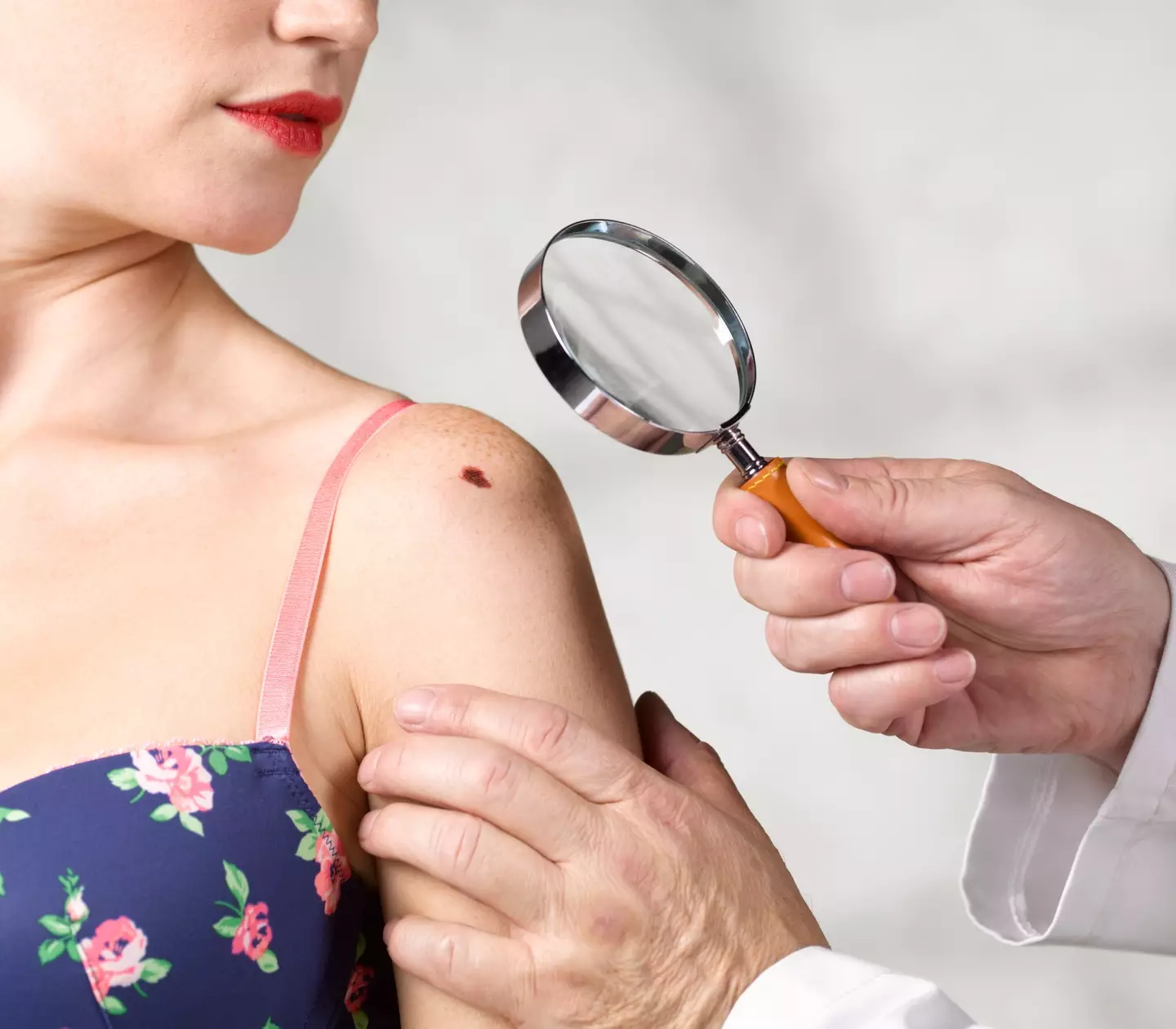
A new vaccine treatment for skin cancer melanoma has shown extremely promising results in a new study.
The overall survival rate with the vaccine was indicated as being 96 percent according to the research.
The vaccine was developed by Moderna and Merck and Co, and was announced alongside the therapy Keytruda.
Advert
It showed both improved survival chances in patients, as well as a durable efficacy.
The trial was with 157 patients over the course of a two-and-half-year period.
It found that melanoma patients who had received the vaccination combination had an overall survival rate of 96 percent.
This was compared to 90.2 percent for people who only took Keytruda.
When it came to recurrence, when someone's cancer came back, around 75 percent of the patients who had the vaccine did not have a recurrence.
Meanwhile, 55.6 percent of the patients who only had Keytruda did not have a recurrence.

A report in December went on to find that there was a risk reduction of 49 percent for recurrence or death among patients who were on the combination compared to just Keytruda.
This had a median follow up of just under three years.
While it's currently only being tested for melanoma, it could have applications in other forms of cancer.
Professor Georgina Long, co-director of the Melanoma Institute Australia, told Sky News: "This has the power to transform cancer treatments across the world.
"The trial results are transformative for not only the treatment of melanoma, but they set the stage and benchmark for other cancers.
"This phase III trial is the first of its kind and is one of the single biggest developments, not only in melanoma, but the whole cancer field.

"Our next step is to refine who gets what immunotherapy before surgery, as some patients will need combination and others will not."
Merck and Moderna have been collaborating since 2016, and are also carrying out a study examining the late stage of the combination of Keytruda and the new vaccine.
But how does a 'vaccine for cancer work?
A regular vaccine infects a patient with a weakened version of a virus to build immunity, but cancer is not a virus, it's when cells mutate and multiply out of control.
So this can't be like those sorts of vaccine, and is called mRNA vaccine technology.
To treat cancer, the vaccine carries instructions for someone's cells to make a specific protein.
This is different for different people, and can be used to prevent the kinds of mutations which cause cancer.
Topics: Cancer, Health, News, World News, Science, Technology
